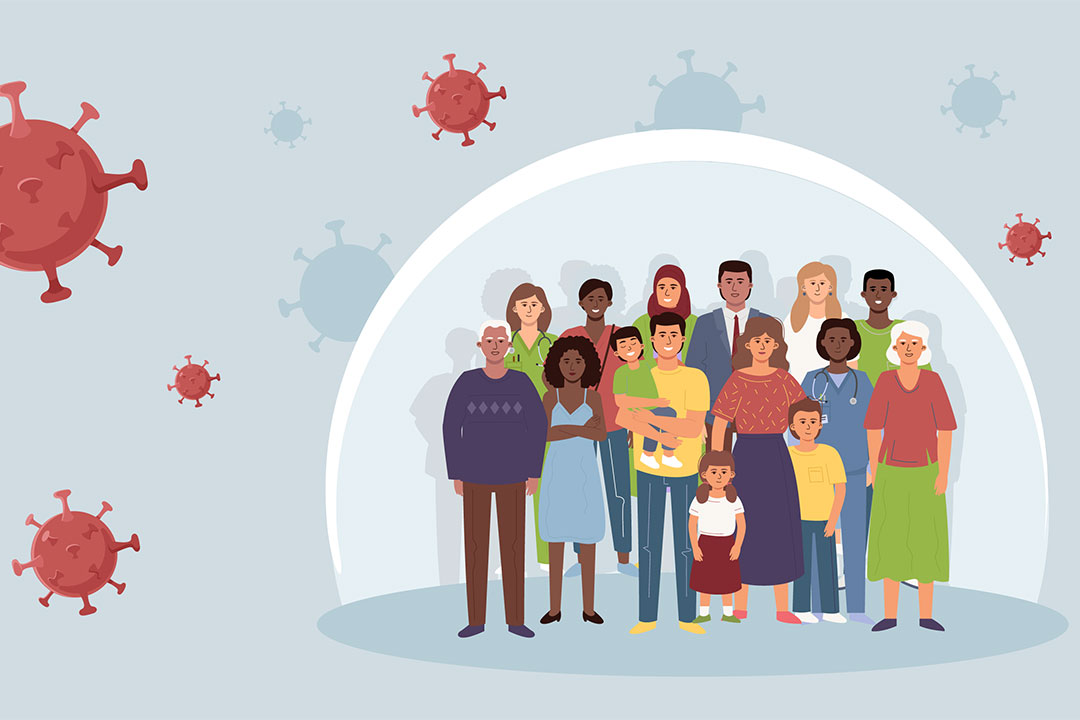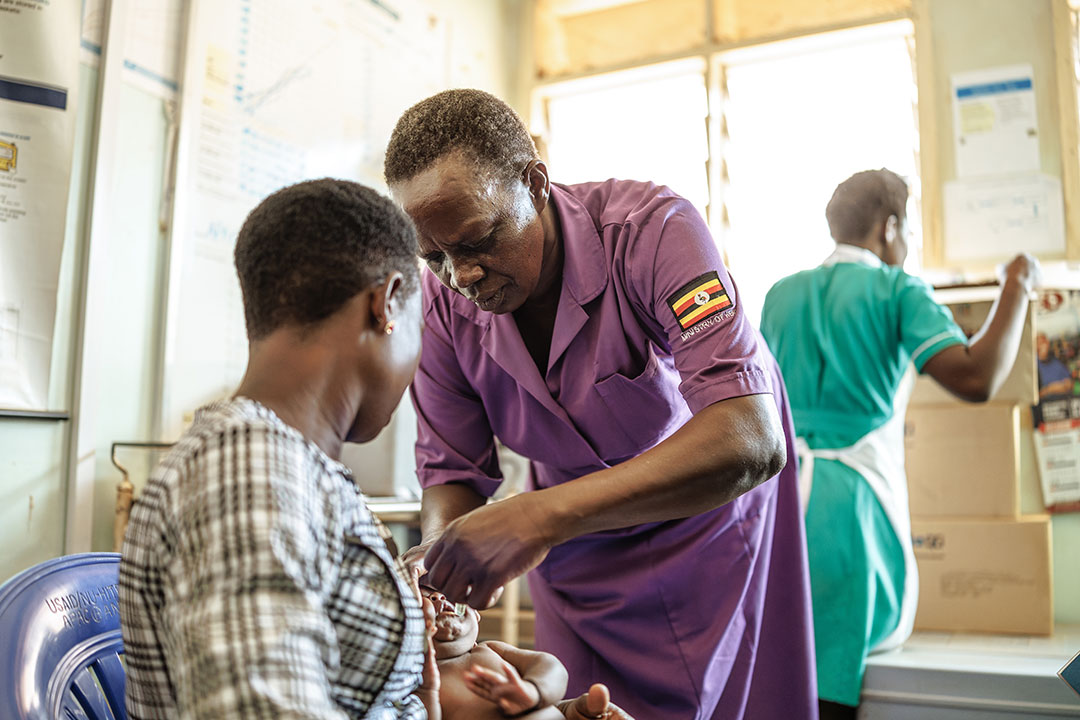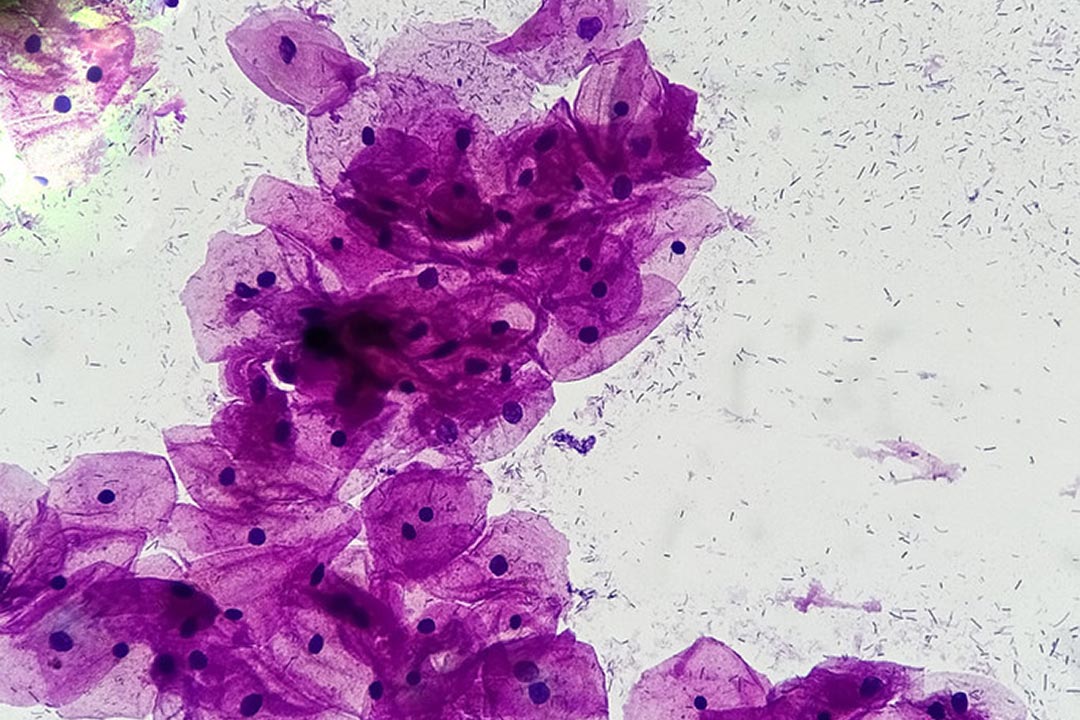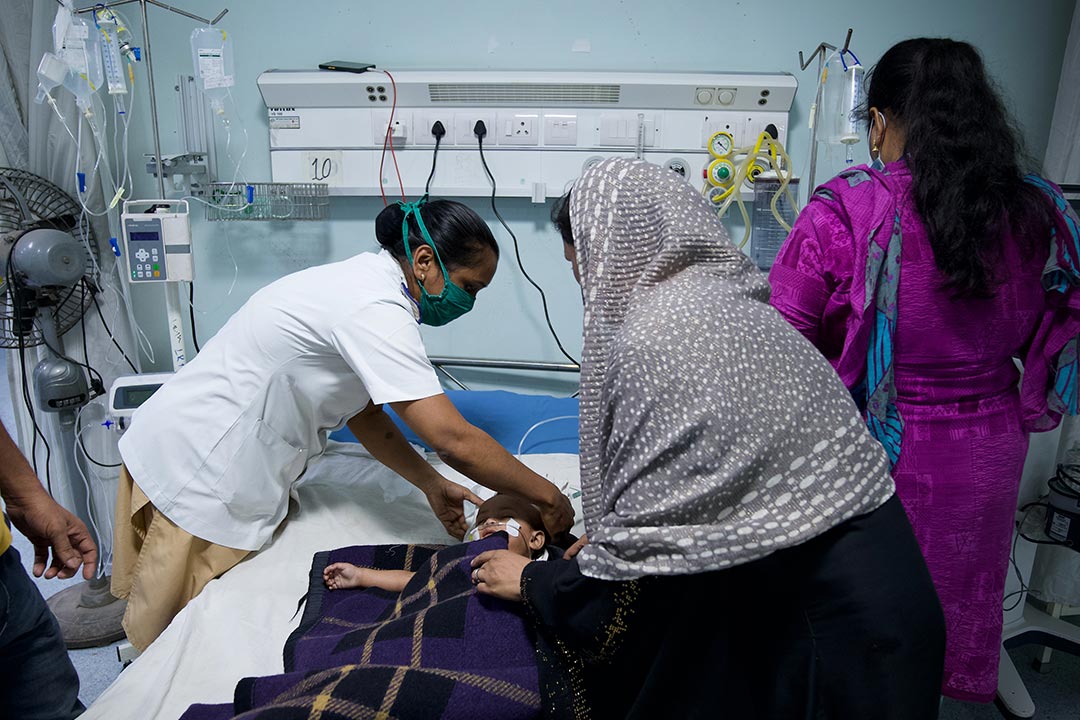Not so super-immunity: People who’ve recovered from COVID-19 and vaccinated can still be reinfected
Israeli data suggests even those who’ve been double-jabbed or recovered from COVID-19 should take precautions to avoid infection.
- 20 December 2021
- 3 min read
- by Linda Geddes

Omicron is testing COVID-19 vaccines to their limits, but people who have been double-vaccinated and recovered from a previous COVID-19 infection could be forgiven for thinking they might be better protected. However, a new study suggests that their antibody responses begin to wane with time, and they can be reinfected.
Unvaccinated individuals who had recovered from COVID-19 but were not vaccinated after that were around three times as likely to be reinfected compared to those with hybrid immunity.
Previous studies have hinted that individuals who have recovered from COVID-19 produce higher levels of antibodies in response to vaccination compared to those who have never been infected. However, the extent to which this protected against reinfection was unclear.
Hybrid immunity
Researchers led by Yair Goldberg at the Israel institute of Technology analysed data on confirmed SARS-CoV-2 infections in more than 5.7 million Israelis, reported between early August and late September 2021. These were separated into unvaccinated individuals who had recovered from COVID-19, people who had received two to three doses of vaccine and not been infected, and those with “hybrid immunity” – meaning they’d both recovered from infection and received a single dose of vaccine (in Israel, people who had recovered from infection were initially entitled to a single dose of vaccine).
Have you read?
The study, which has not yet been peer-reviewed, found that people in all groups could be reinfected and that the infection risk increased over time. Even so, the infection rate among those with hybrid immunity was around seven times lower, six to eight months post-vaccination, compared to those who had received only two vaccine doses. Unvaccinated individuals who had recovered from COVID-19 but were not vaccinated after that were around three times as likely to be reinfected compared to those with hybrid immunity.
Risky strategy
Of course, this study examined infections before the emergence of the Omicron variant, and it is unclear how hybrid immunity will fare in the face of this new foe. Early data suggest that, compared to Delta, the risk of reinfection is higher for those who’ve been vaccinated or previously infected, alike.
Deliberately catching COVID-19 ahead of vaccination is also a highly risky strategy: even young and healthy individuals can develop severe disease, and there’s also the risk of long-COVID-19 to consider. However, a growing number of double-vaccinated people are experiencing breakthrough infections with the Delta, and now Omicron variants. So, will they be more, or less protected?
It’s difficult to say for sure, as studies of such individuals are ongoing. However, it’s likely that their immune responses will differ slightly again, due to a phenomenon called original antigenic sin. The circumstances of your first encounter with a pathogen such as SARS-CoV-2 – whether you were infected with the disease or vaccinated – shape your subsequent immune responses to it. Neither is it clear how protected someone who has recovered from natural infection and received two or even three vaccine doses will be.
Until such data emerge, the take-away message is that we should all take steps to avoid infection, regardless of whether we’ve been vaccinated, previously infected, or both. Although the latter group may be at lower risk of infection and/or serious illness, reinfections can – and do – occur. If you can be reinfected, the likelihood is you’re also capable of spreading that infection to others.







